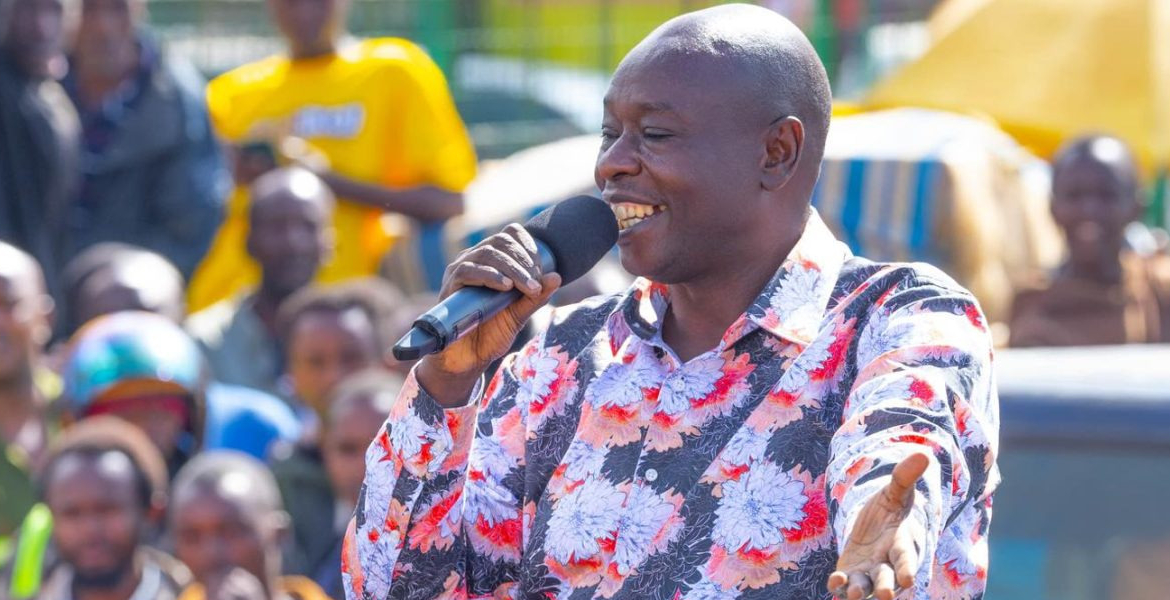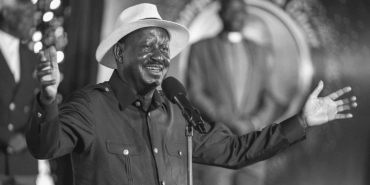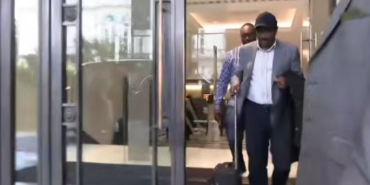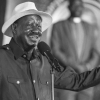Gachagua Condemns Ruto’s IEBC Picks

Former Deputy President Rigathi Gachagua has publicly criticised President William Ruto's recent nominations for the Independent Electoral and Boundaries Commission (IEBC), alleging political bias and questioning the impartiality of the selection process.
Speaking in a radio interview with Egesa FM on May 12, 2025, Gachagua's remarks come at a time of intensified political mobilisation by opposition forces as they prepare for the 2027 general elections. Gachagua claims that the selection process for the IEBC chairmanship was flawed, suggesting that personal grievances influenced President Ruto’s decision. According to Gachagua, Charles Nyachae, former chair of the Commission for the Implementation of the Constitution, was initially shortlisted for the position alongside Erastus Edung Ethekon.
However, Gachagua asserts that Ruto rejected Nyachae due to unresolved issues stemming from the 2007 General Election, involving the late Simeon Nyachae, who allegedly clashed with Ruto in South Mugirango. In addition to questioning the circumstances surrounding Nyachae’s exclusion, Gachagua alleges that Ethekon’s nomination aligns with the interests of State House. He claims that the newly appointed chair has close ties with Ruto’s Deputy Chief of Staff, Josphat Nanok, fueling concerns about potential political manipulation ahead of the 2027 elections.
Despite his criticisms, Gachagua downplays the IEBC’s ultimate influence on election outcomes, stating that the Kenyan electorate, not the electoral body, will determine the country's next leader. President Ruto’s decision to nominate Ethekon as the IEBC chairperson, along with six commissioners—Anne Nderitu, Moses Mukwana, Mary Karen Sorobit, Hassan Noor, Francis Odhiambo, and Fahima Abdalla—has already drawn criticism from opposition leaders.
Kalonzo Musyoka, leader of the Wiper Party and a key ally of Gachagua, has condemned the selection process, arguing that Ruto failed to consult opposition stakeholders before finalising the appointments. The National Assembly Speaker, Moses Wetang’ula, has since forwarded the nominees to the Departmental Committee on Justice and Legal Affairs, which is scheduled to conduct vetting hearings on May 26, 2025, at County Hall. The IEBC Selection Panel has not yet released its official report detailing the selection criteria, a point of contention that has further fueled speculation about political interference.
These developments occur against a backdrop of intensified voter mobilisation efforts by opposition figures, including Gachagua. He urges his supporters to focus on voter registration and grassroots mobilisation, emphasising that securing a decisive victory in 2027, surpassing 7.1 million votes, is essential to prevent any manipulation of election results.
Gachagua stresses the need for vigilance at polling stations and the strategic deployment of electoral agents to safeguard the integrity of the vote. He insisted that the opposition's victory must be “undeniable,” ensuring that any attempts to influence the outcome are thwarted by overwhelming voter turnout. In preparation for the 2027 elections, Gachagua is finalising plans to establish a new political alliance.
He has joined forces with several key figures in the opposition, including Wiper Party leader Kalonzo Musyoka, Narc-Kenya leader Martha Karua, and former Defence Minister Eugene Wamalwa. Notable figures in his coalition also include ex-Cabinet Secretaries Fred Matiang’i, Justin Muturi, and Mithika Linturi, individuals who previously held critical roles in government but have since realigned their political affiliations.
Gachagua also criticises Ruto’s decision to reject Nyachae for the IEBC role, alleging that the president harbours resentment toward the Kisii community due to past political conflicts. He argues that Nyachae’s credentials made him a stronger candidate for the IEBC chairmanship, citing his tenure as chair of the Commission for the Implementation of the Constitution and his experience as a judge at the East African Court of Justice. Gachagua emphasises that Nyachae’s financial independence would have shielded him from external influence, making him an ideal choice for overseeing elections.
Despite his allegations, Gachagua maintains that his coalition’s primary focus is mobilising voters, rather than dwelling on IEBC appointments. He reassures supporters that the opposition’s strategy for securing victory in 2027 is well underway, stressing the importance of presenting a single candidate to challenge Ruto’s reelection bid.
“We will bring in experts to craft a formula for leadership that ensures fairness in determining the next President, Deputy President, and Prime Cabinet Secretary,” Gachagua said. “The opposition must act in unity and selflessness, putting national interests above personal ambitions.”
Gachagua further expresses willingness to accept a different role if the proposed formula favours another candidate for the presidency. His statements suggest a concerted effort to prevent divisions within opposition ranks, a challenge that has historically weakened political movements in Kenya.








Add new comment